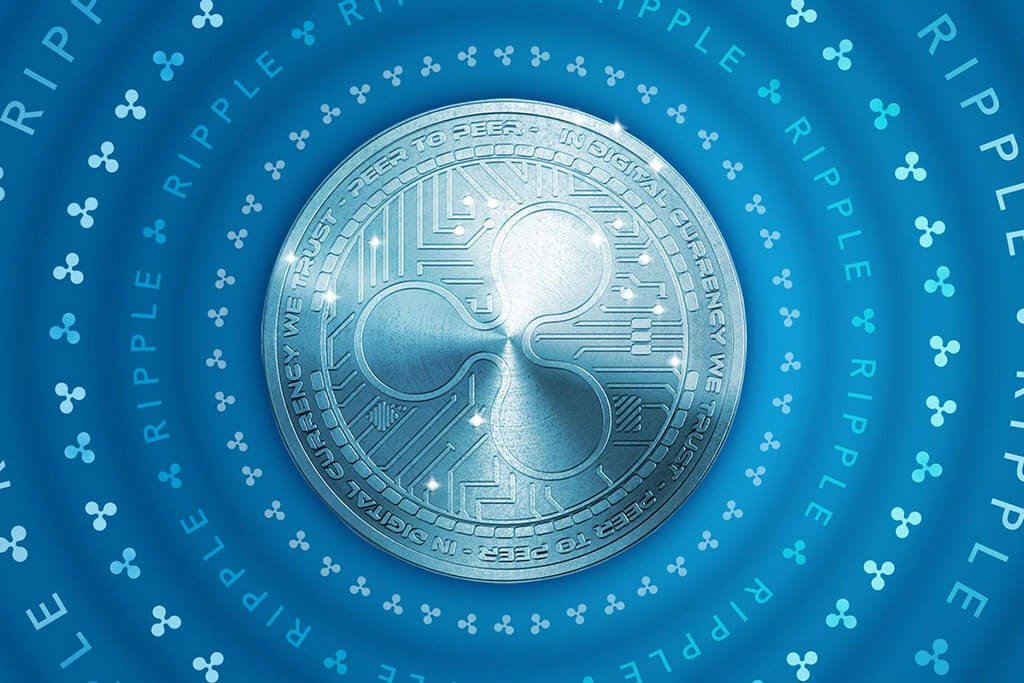Ripple has developed a number of solutions that can reduce the costs of international money transfers, but the company has to face some obstacles on the way to the massive adoption of its technology.
Ripple is one of the most influential companies in the crypto sphere. The market capitalization of XPR is over $21.5 billion – third only to Bitcoin and Ethereum. Ripple is also known for the active promotion of its products and its customer-oriented approach. The two leading solutions are xCurrent and XRapid. Ripple claims that these technologies can reduce the costs and speed up international money transactions. But this statement has been recently put to the test by Western Union.
Half a year ago Western Union, one of the leading financial services company, started to explore the opportunities provided by Ripple’s XRP. The expectations were high, but the intermediate results seem to be disappointing. Western Union has chosen to work with XRapid and the test is not over. However, the officials of the company have called into question the efficiency of the new technology. Hikmet Ersek, the CEO of the financial services company, said that they could not find any financial benefits from using Ripple’s technology and gave a critical comment in his interview with Fortune:
“We are always criticized that Western Union is not cost-efficient, blah blah blah, but we did not see that part of the efficiency yet during our tests. The practical matter is it’s still too expensive.”
This evaluation of Ripple’s technology is unlikely to damage the reputation of one of the crypto leaders. The testing of XRapid is not massive enough for the advantages to become noticeable. Ersek revealed that only 10 transactions have been conducted so far – and this information has been confirmed by Ripple’s specialists.
The team of Ripple Labs has also shared some promising calculations: the complete switch to XRapid technology can halve the cost per transaction for Western Union. The successful testing of Ripple’s solutions by American Express that has been covered by CoinSpeaker may be considered as additional confirmation of the technology’s efficiency.
Financial services companies have not come to a general agreement on Ripple and its rivals – but they agree on the potential of the technology. They conduct testing and try to estimate the benefits of using xCurrent and XRapid. They demonstrate the ability to adopt this technology – while banks are still discussing the pros and cons of xRapid and XRP. And this discussion does not seem to be practical. However, Ripple is not ready to give up.
Commercial banks depend on the position of the regulators. As Ripple continues its development, it understands the importance of cooperation with governments. The recent example comes from India where Ripple is going through the dark times as the Indian’s central bank has banned the usage of cryptocurrencies. But the world-known company is not ready to give up: the company does its best to prove that Ripple provides an opportunity to strengthen the national fiat currency. Its success in Saudi Arabian central bank raises hopes that India will lift the ban on cryptos.
Ripple seems to lose itself in the attempts to make its technologies applicable on a worldwide scale. Nevertheless, the company keeps working on the further development and is ready to invest in the future of the crypto community. The examples are not far to seek: the Ripple’s $2 million funding will support the blockchain research in the University of Texas at Austin.
